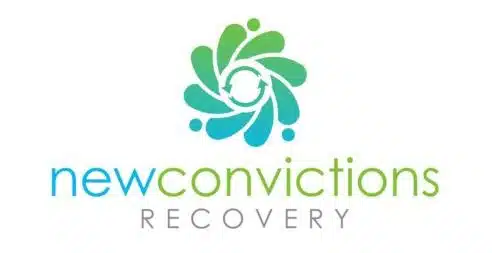A common question that many struggling addicts ask themselves is “Can I recovery from addiction on my own?”. In a society that places value on self-efficacy, autonomy, and independence, it is natural for such a question to be asked. However, asking such a question can portray a lack of understanding as to the severity of addiction. Addiction is simply not a character defect, personal vice, or bad habit that one casually seeks to change; it is an all-encompassing condition that affects every area of life and is characterized by obsessions and compulsions. To borrow from dictionary.com, addiction is “the state of being compulsively committed to a habit or practice or to something that is psychologically or physically habit-forming, as narcotics, to such an extent that its cessation causes severe trauma” (dictionary.com, 2021). As the people in 12-step recovery programs have rightly noted, addiction is “cunning, baffling, and powerful.” Therefore, in light of what we know about addiction and its severity, the following 3 reasons are why it is difficult (if not impossible) to overcome addiction by yourself:
- Addiction has biological components that can be difficult to break: One of the primary features of addiction is its unique ability to hijack the brain’s reward circuit in order to condition certain behaviors. The brain is accustomed to a certain level of neurotransmitters that activate the pleasure response which drives addicts toward certain behaviors. Upon immediate cessation of substance use, the brain is in search of the same amount of neurotransmitters it has adapted to over time during substance abuse; when those levels of neurotransmitters are not there, a person experiences a condition known as withdrawal which comes with negative side-effects. Depending on the substance in question, withdrawal can encompass both physical and psychological symptoms. Substances like alcohol, benzodiazepines, and opioids have physical withdrawal symptoms that can make the addict sick and can potentially be life-threatening if not medically monitored. Other substances like cocaine and marijuana do not give as much physical symptoms as they do psychological such as anxiety, anger, irritability, depression and hallucinations. Even people suffering from behavioral addictions are known to experience psychological symptoms similar to those who are withdrawing from substances. As a result, addiction has a biological component which for many can serve as an obstacle to breaking free.
- Addiction is marred with rationalizations and justifications: One of the more sinister aspects of addiction is its ability to rationalize and justify certain choices and behaviors to the addict. Depending upon how long the addict has been addicted to a certain substance or behavior, certain thinking patterns develop to accommodate the addiction process. From false promises to stop to beliefs in one’s ability to control said substance or behavior, addicts can be entangled in the mind-games that is inherent in addiction which leads back to the destructive cycle. The addict’s thinking process is a closed-loop system that does not get outside feedback to judge whether certain actions are helpful or hurtful to recovery. The addict therefore becomes a victim of his or her own thinking processes because they inevitably lead back to the addiction cycle to which he or she is trying to escape. This reinforces the point that is often made in 12-step groups that addiction is “cunning, baffling, and powerful”.
- Addiction thrives off of isolation– As some people have identified over the years, “the opposite of addiction is connection.” One of the major obstacles people have difficulty in recovering from addiction is because they are often alone and isolated. As mentioned earlier, an addict’s thinking processes can be marred in rationalizations and justifications which deceive the addict and further perpetuates the addict deeper into addiction. Because there is no outside community who can be there to challenge these rationalizations or provide alternate ways of handling certain situations, the addict inevitably returns back to what he or she knows: addiction. The addict also does not have people with whom he or she can process uncomfortable emotions but rather decides to self-medicate emotional distress. This is a significant disadvantage to addicts when they are isolated because they are avoiding the life skill of processing emotions in a relational context; instead, they are circumventing emotions by self-medicating with substances or behaviors. Lastly, when addicts are isolated or pursue recovery by themselves, they miss out on two important benefits that are derived from recovery relationships: the universality of the problem as well as the instillation of hope. Addicts can often feel they are the only ones experiencing the distressing consequences of addiction without realizing that they are not alone in the struggle; moreover, when speaking to other people who are recovering, it can instill hope that things can get better. By being accustomed to continual failure on one’s own, it can be hard to believe that one will be able to successfully recover from addiction.
In summary, while recovery from addiction can happen apart from others, it is the exception, not the rule. For many in addiction recovery, one learns quickly the need to become part of instead of apart from because addiction is a powerful disease. While having an addiction can be a challenging experience, there is an addiction counselor near me who has the skills to help in the addiction recovery process. To look at the services that are offered, please click here.
References
Dictionary.com. (2021). Addiction. In dictionary.com dictionary. Retrieved August 2nd, 2021, from https://www.dictionary.com/browse/addiction

